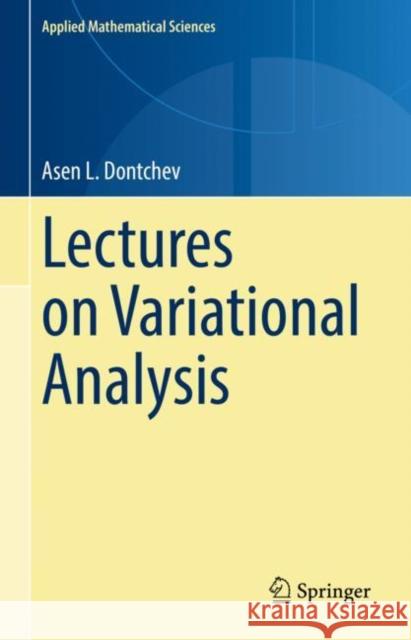Lectures on Variational Analysis » książka
topmenu
Lectures on Variational Analysis
ISBN-13: 9783030799106 / Angielski / Twarda / 2022 / 220 str.
Lectures on Variational Analysis
ISBN-13: 9783030799106 / Angielski / Twarda / 2022 / 220 str.
cena 484,18
(netto: 461,12 VAT: 5%)
Najniższa cena z 30 dni: 462,63
(netto: 461,12 VAT: 5%)
Najniższa cena z 30 dni: 462,63
Termin realizacji zamówienia:
ok. 16-18 dni roboczych.
ok. 16-18 dni roboczych.
Darmowa dostawa!
Kategorie:
Kategorie BISAC:
Wydawca:
Springer
Seria wydawnicza:
Język:
Angielski
ISBN-13:
9783030799106
Rok wydania:
2022
Wydanie:
2021
Numer serii:
000478382
Ilość stron:
220
Waga:
0.50 kg
Wymiary:
23.39 x 15.6 x 1.42
Oprawa:
Twarda
Wolumenów:
01
Dodatkowe informacje:
Wydanie ilustrowane











